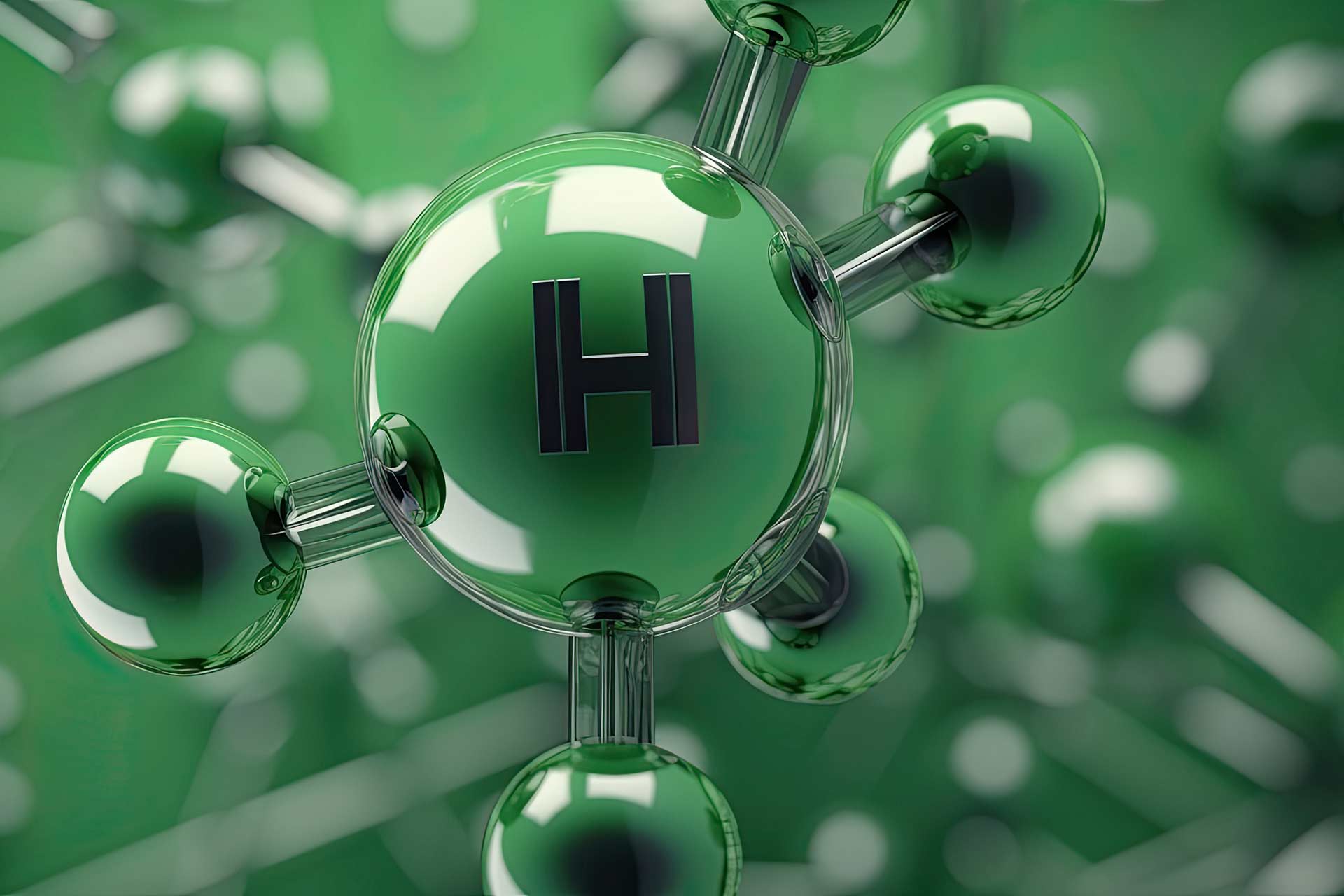Introduction:
In the quest for cleaner and more sustainable energy sources, hydrogen fuel cells have emerged as a promising technology. These cells offer a viable solution to many of the environmental challenges we face today, providing a clean and efficient energy source that can power a variety of applications. In this blog, we will delve into the fascinating world of hydrogen fuel cells, exploring how they work, their environmental benefits, and their potential to revolutionize our energy landscape.
The Basics of Hydrogen Fuel Cells
At its core, a hydrogen fuel cell is an electrochemical device that converts the chemical energy of hydrogen into electricity and heat. It operates on a simple principle: the reaction of hydrogen with oxygen to produce water and electricity.
How It Works
The operation of a hydrogen fuel cell can be broken down into the following steps:
1. Hydrogen Gas Supply: Hydrogen gas is fed into the anode side of the fuel cell.
2. Electrochemical Reaction: The hydrogen molecules are split into protons and electrons at the anode. Protons pass through the electrolyte to the cathode, while electrons are forced to take an external path, creating an electrical current.
3. Oxygen Intake: Oxygen is introduced at the cathode. It combines with the protons that have travelled through the electrolyte and the electrons that took the external path, forming water and releasing energy in the process.
4. Production of Electricity: The flow of electrons through an external circuit to the cathode creates an electric current that can be used to power electrical devices.
Environmental Benefits of Hydrogen Fuel Cells
1. Zero Emissions: One of the most significant advantages of hydrogen fuel cells is that they produce zero harmful emissions. The only by-product of the chemical reaction is pure water, making it a truly clean energy source.
2. Energy Efficiency: Hydrogen fuel cells are highly efficient, often surpassing 60% energy efficiency, which is significantly better than many other energy conversion methods.
3. Versatility: Hydrogen can be used in a variety of applications, from powering vehicles and providing backup power to supplying energy to buildings and industrial processes.
4. Reduced Carbon Footprint: When hydrogen is produced using renewable energy sources like wind or solar power, it can further reduce the carbon footprint, making it a sustainable choice for a green energy future.
The Future of Hydrogen Fuel Cells
Hydrogen fuel cells hold immense potential to revolutionize our energy landscape. They are already being used in various sectors, from transportation to stationary power generation. Researchers and engineers continue to work on improving their efficiency and reducing costs, making them more accessible to a wider range of applications. As the world seeks cleaner energy solutions, hydrogen fuel cells are well-positioned to play a significant role in our transition to a more sustainable and environmentally friendly future.



